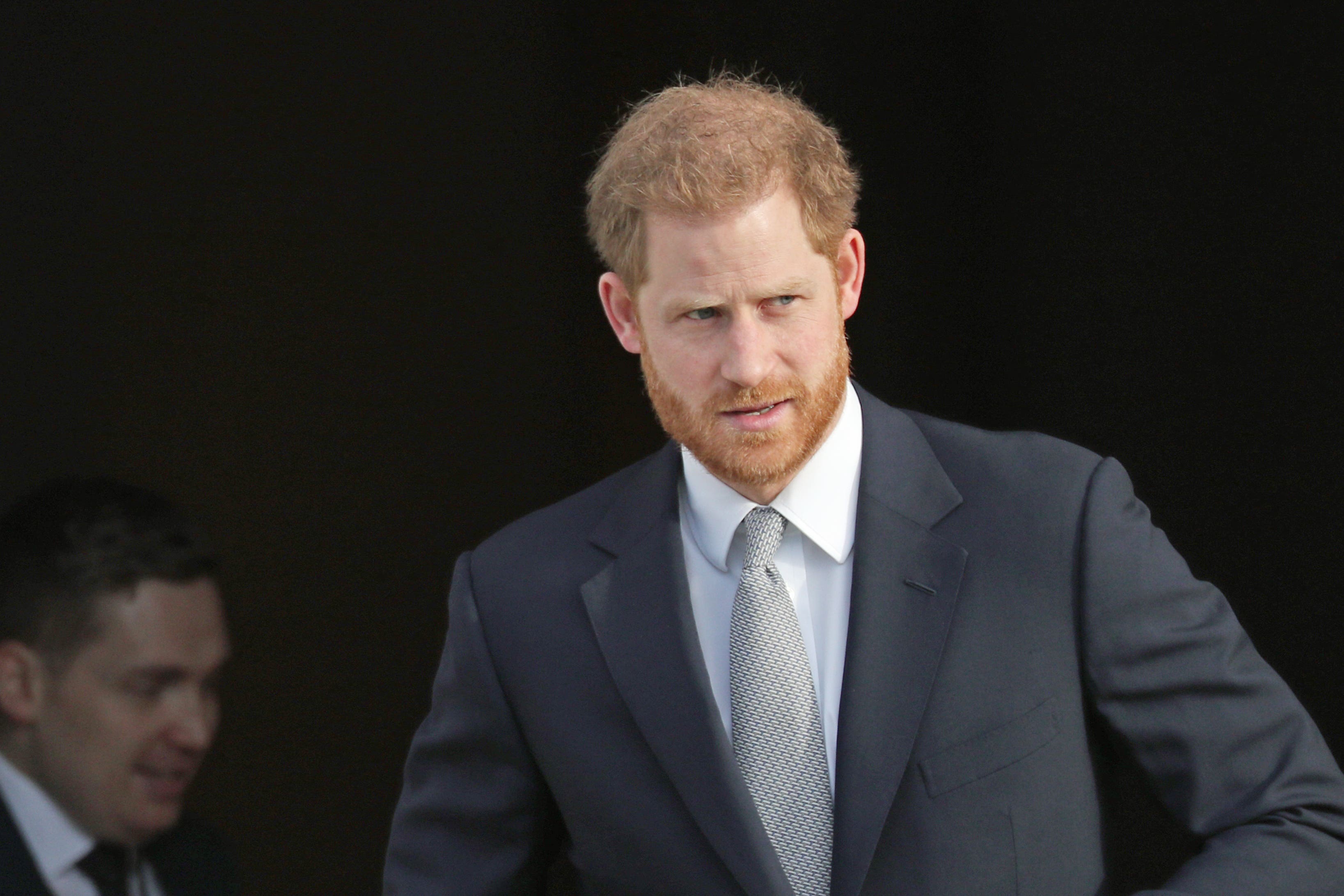Harry on the royal family: What’s the difference between conscious and unconscious bias?
Prudence Wade speaks to a diversity and inclusion expert about how to tackle unconscious biases.

The Duke of Sussex has denied branding the royals racist, instead suggesting unconscious bias was at play.
Harry sat down with ITV’s Tom Bradby ahead of the release of his explosive memoir Spare, out January 10. He said he didn’t accuse the royal family of racism in his March 2021 interview with Oprah Winfrey, where the Duchess of Sussex revealed an unnamed family member raised concerns about how dark their unborn son’s skin would be.
“No I didn’t… The British press said that… Did Meghan ever mention that they’re racist?… There was concern about his skin colour,” the duke said.
Brady then asked: “Wouldn’t you describe that as essentially racist?”
Harry replied: “I wouldn’t, not having lived within that family,” adding: “Going back to the difference between what my understanding is because of my own experience, the difference between racism and unconscious bias, the two things are different.”
The difference between conscious and unconscious bias
“Conscious bias is when you are doing or saying something and using your predisposed opinions, thoughts, ideas or judgements about somebody, based on some sort of characteristic they have – to largely discriminate against them, or to make a judgement in favour of one thing without being balanced or fair or proportionate,” explains Ashleigh Ainsley, co-founder of ColorinTech (colorintech.org) – a not for profit tackling discrimination within the technology industry.
This differs from unconscious bias, “Where you are not necessarily consciously making a decision based on somebody’s predetermined characteristics,” Ainsley says.
“You might, for example, give a job to a particular person, based on a preconception you might have about someone’s suitability to do that.”
While biases aren’t always related to race, Ainsley says: “In the context of racism and what Harry’s probably referring to, it’s when people have preconceptions based on the colour of somebody’s skin – like all black people are fast, or all black women are aggressive or angry… Some of these really dangerous tropes we hear and see, where that might not necessarily be the case with an entire race of people.”
The ramifications
According to Ainsley, “The ramifications from unconscious bias can be worse” than conscious.
“Where it’s very obvious, you can see it, you can challenge it, and you can call it out. [If] somebody is being sexist, homophobic or racist, you can say, you’re saying that, or that is happening… When it’s unconscious, it can often be harder to spot, harder to identify, harder to produce accountability for – and actually, that means it’s a bit more pervasive, and people can get away with doing it.”
Reducing accountability?
Harry’s use of the phrase ‘unconscious bias’ in the ITV interview struck a chord with some black thought leaders online. Writer and podcaster Kelechi Okafor tweeted: “Unconscious bias is unaccountability by another name”, and writer Jason Okundaye tweeted: “Negatively speculating on the skin tone of an unborn child is not “unconscious bias”, unconscious to who? That is someone actively and consciously freaking out about skin colour.”
While Ainsley didn’t comment specifically on the royals, he suggested unconscious bias could be a way of reducing accountability and not having to use the word ‘racism’.
“Sometimes, people want to say they did something unconsciously, when they might be very conscious about it, and use unconscious bias as a veil to reduce their accountability for it,” he reflects.
“It means it’s a society problem, or it’s somebody else’s issue or it’s culture – it’s not me being discriminatory. Again, it’s something that’s super hard to prove – it’s quite hard to say, ‘Well actually, you intended to discriminate against this person’. It’s hard to know what somebody’s doing in their minds.
“I think sometimes it’s a lot more palatable to say it’s unconscious bias, rather than it is racism.”
Challenging biases
“The first thing is being honest about it,” advises Ainsley, when discussing how to challenge these biases. “We’ve grown up in varied times, cultures – what’s acceptable changes over time.
“Sometimes people have tropes, thoughts and preconceptions which actually are racist, or homophobic, or sexist, or ablest, or whatever it might be. People need to be honest about what some of these things are, and have a dialogue about that. We need to have a far better dialogue about what it means to be black in Britain.”
For anyone wanting to challenge their own biases, Ainsley says: “Go in with listening, and try and talk to people who aren’t in your everyday circle.”
Bookmark popover
Removed from bookmarks